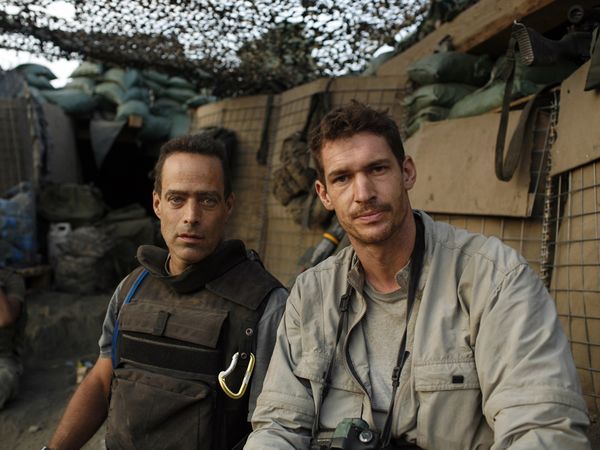Late on his 27th birthday, Yves Nawfal was fatally shot when trying to escape the threats of Charbel Khalil after they were both involved in a bar fight. He and some close friends had made a trip to Faraya to celebrate at a pub. Nawfal was described by peers as popular and well-liked, and on that evening, he was an average young man trying to enjoy turning another year older. That same evening, an individual by the name of Charbel Khalil was at the same pub. Khalil, contrarily, is regarded by locals not as popular but as notorious for causing trouble, having been accused on releasing fire before. The night started innocently enough but was destined to end horribly.
A bar fight erupted over a comment made to a girl, a friend of Nawfal. Fists were swung and a loose one made contact with Khalil, who, according to the owner of the pub and sourced by the Daily Star, Charbel Sabbagh, proceeded to guard the door of the pub and proclaimed that no one was to leave. “Nawfal’s lead attacker, Khalil, became aggravated after he was hit with a loose jab. Khalil then ordered his friends not to let Nawfal get to Beirut alive.”
Nawfal and his friend Saba Nader were taken out the back door by Sabbagh and proceeded to drive away. Khalil, however, was waiting for them on the side of the road, prepared to keep his word and not let Nawfal get home alive. As Nawfal and Nader passed in their subaru, Khalil and another, Juliano Saadeh, released fire. At 2:13 AM, Yves Nawfal was shot four times. Closer to 5 AM, Nawfal and Nader, who had suffered a mild should injury from a bullet graze, arrived at the Hotel Dieu Hospital in Beirut.
The following morning, Nawfal was announced dead, and the quest to find and persecute those guilty of the heinous crime commenced. At this time, officials were unaware of the identity of the perpetrators and issued 12 warrants for arrest, according to The Daily Star. Both a video and the claims of eyewitnesses lead them to Khalil and Saadeh.
People are murdered all the time. It is something that the general population has become desensitized to, a horrid act of hatred that has become mundane. The death of an innocent man, however, is anything but. Yves Nawfal’s unexpected death catalyzed an influx of thought and a deep mistrust in those that are supposed to protect their citizens. On Gino’s Blog, he wrote “We don’t feel safe anymore. We often live in a bubble in our clubs and areas we frequent, thinking we are safe from the violence that plagues other parts of Lebanon. We often are proud of ourselves for having a relatively low crime rate when it comes to homicides and rapes (given that most crimes are terrorist or sectarian conflicts), but that’s changing.”





